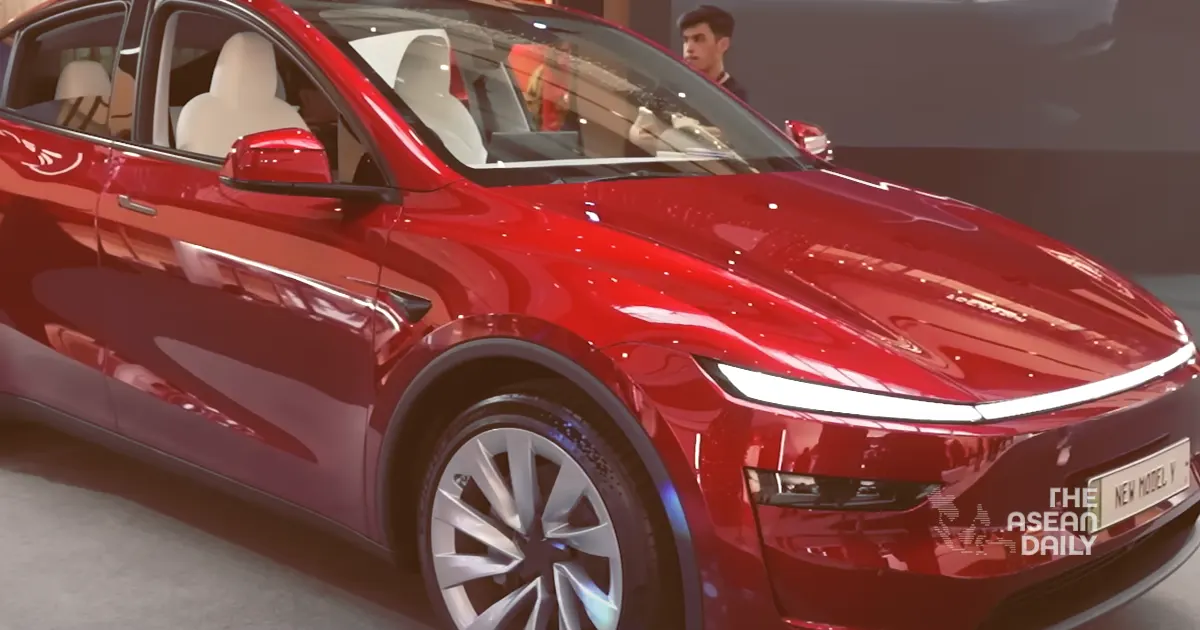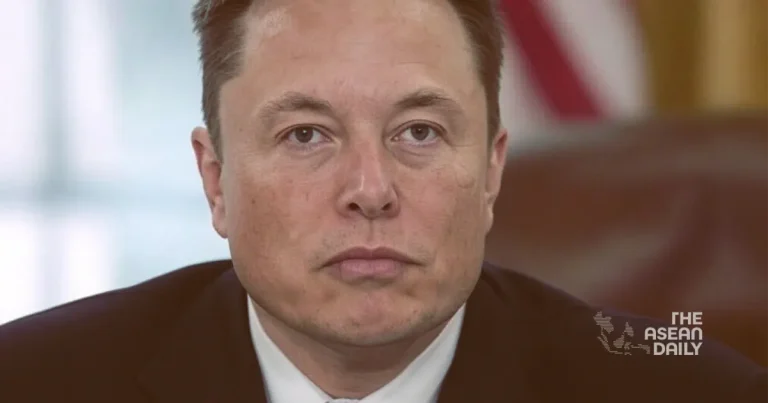21-2-2025 (KUALA LUMPUR) Automotive giant Tesla has encountered fierce opposition in Malaysia following controversial actions by its Chief Executive Elon Musk, particularly his perceived support of former US President Donald Trump’s stance on Gaza.
The launch of Tesla’s updated Model Y “Juniper” this week has sparked intense criticism across Malaysian social media platforms, with potential customers and activists voicing their disapproval. The controversy stems from Musk’s recent appearance at Trump’s presidential campaign event, where his gestures sparked widespread debate.

“The Malaysian market has traditionally been receptive to innovative electric vehicles, but the current political climate has created unexpected hurdles for Tesla”, says Dr. Ahmad Rahman, an automotive industry analyst at Universiti Malaya.
The term “swasticar” has gained traction amongst critics, first emerging in European markets before spreading to Southeast Asia. The phrase has become a rallying cry for those opposing both Tesla and its CEO’s political associations.
Local social media channels have been flooded with boycott calls. “Our principles matter more than luxury electric vehicles”, wrote prominent Malaysian tech blogger Sarah Tan. Multiple Tesla owners’ groups report declining membership numbers, whilst new vehicle enquiries have reportedly dropped significantly at Tesla’s Malaysian showrooms.
Musk has publicly rejected allegations regarding his gestures, describing them as misinterpreted and politically motivated. However, his response has done little to quell the growing dissent in Malaysia, where concerns about displacement in Gaza resonate strongly with the predominantly Muslim population.
The controversy has extended beyond Malaysia’s borders, with activist groups in London reportedly targeting Tesla vehicles with protest stickers, indicating the global reach of the boycott movement.
Industry observers note that this backlash comes at a crucial time for Tesla’s expansion plans in Southeast Asia, where the company has been working to strengthen its market presence against growing competition from Chinese electric vehicle manufacturers.




